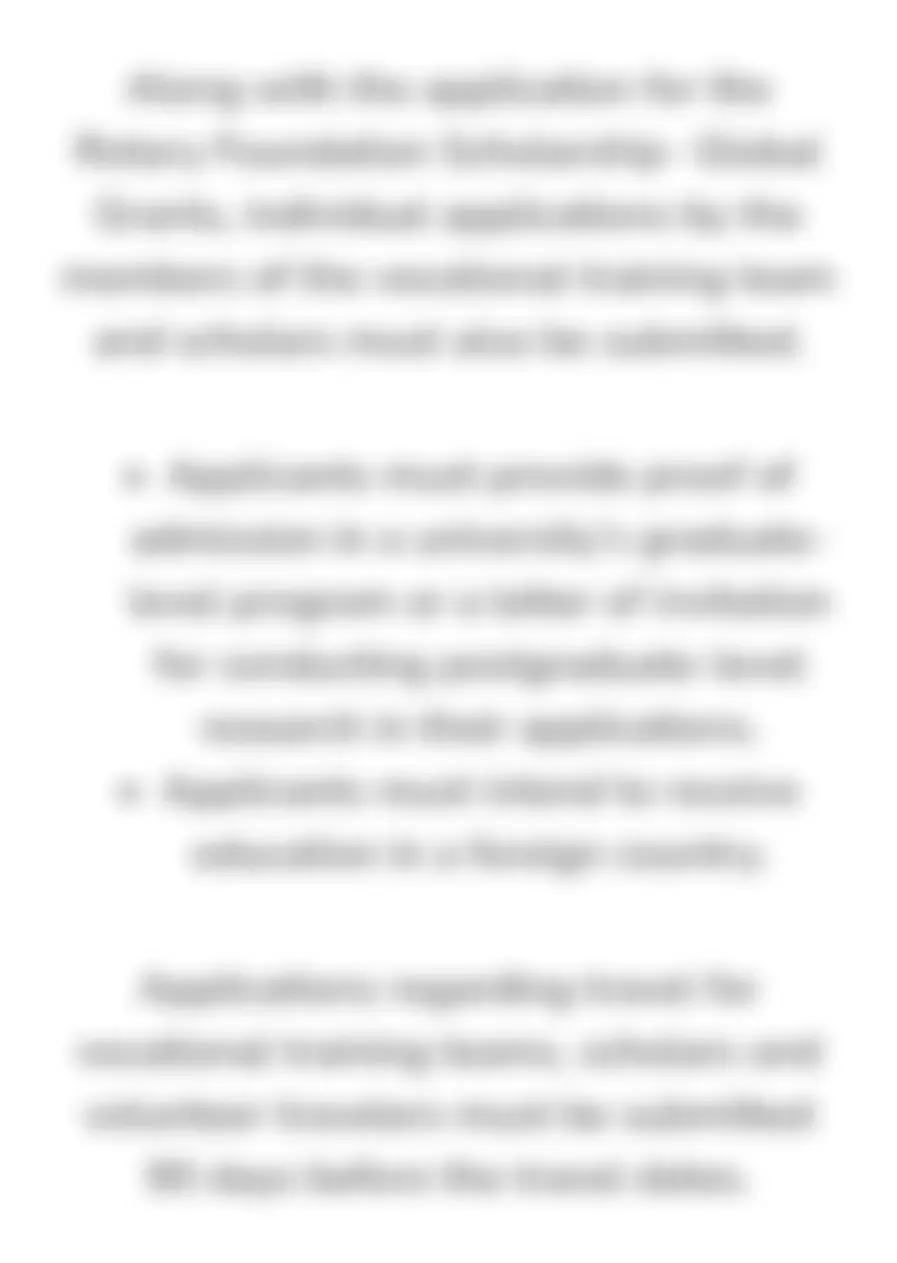QS Rank:

275

University of Pittsburgh

Pennsylvania
,United States

Program Name
Masters in Clinical Epidemiology
Overview
The Master of Clinical Epidemiology program at the University of Pittsburgh is meticulously designed for those aspiring to delve into the essential field of epidemiology, which plays a pivotal role in public health and medicine. This comprehensive program spans sixteen months, providing students with in-depth knowledge and practical skills necessary to understand and address complex health issues within populations. The curriculum focuses on advanced methodologies in epidemiology, biostatistics, and health policy, ensuring graduates are well-equipped to tackle real-world health challenges effectively.
Students will engage in a robust program curriculum that includes core courses such as Epidemiologic Methods, Advanced Biostatistics, and Public Health Practice. Key electives allow for specialization in areas such as infectious diseases, chronic disease epidemiology, and health disparities, enabling students to tailor their education to their career aspirations. Moreover, the program emphasizes hands-on learning, integrating fieldwork and research projects that provide valuable insights into contemporary public health issues. This unique approach not only enhances theoretical knowledge but also fosters critical thinking and analytical skills.
The faculty at the Graduate School of Public Health is comprised of renowned experts and researchers actively contributing to the field of epidemiology. Their diverse backgrounds and areas of expertise ensure a rich learning environment where students can benefit from cutting-edge research and innovative teaching methodologies. Faculty members employ a variety of teaching strategies, including collaborative projects, case studies, and interactive workshops, which promote student engagement and practical application of knowledge. Students are encouraged to work closely with faculty as research assistants, gaining invaluable mentorship and experience that significantly enhances their academic journey.
Research opportunities abound within the program, as the University of Pittsburgh is home to numerous research centers and institutes dedicated to public health and epidemiology. Students have access to extensive resources, including state-of-the-art laboratories and sophisticated data analysis software. These facilities support rigorous research initiatives, enabling students to contribute meaningfully to ongoing studies. The program’s commitment to research is further amplified by partnerships with local and global health organizations, providing students with real-world exposure and the chance to make significant contributions to public health initiatives.
In addition to research prospects, the program's industry connections significantly enhance students' career readiness. The University of Pittsburgh boasts a vast network of alumni and industry partnerships that facilitate internship placements and job opportunities upon graduation. Students gain practical work experience through internships with health departments, NGOs, and research organizations, allowing them to apply their skills in a professional setting. Such experiences are instrumental in developing essential career competencies and expanding professional networks that often lead to job placements in reputable organizations.
Graduates of the Master of Clinical Epidemiology program often pursue diverse career pathways, including roles in academia, government agencies, healthcare organizations, and non-profit sectors. Job outcomes for alumni are promising, with many securing positions as epidemiologists, public health analysts, biostatisticians, and research scientists. The program equips students not just with theoretical understanding but also the practical skills that employers are increasingly seeking in the public health sector.
Alumni of the program have gone on to achieve remarkable success, with many holding prominent positions in public health institutions and research organizations around the world. Testimonials from graduates highlight the transformative impact of the program, citing the exceptional quality of education, supportive faculty, and extensive research opportunities as key factors in their professional advancement. The program’s reputation for excellence in training future leaders in epidemiology is well-established, making it a sought-after choice among prospective students.
Unique features of the Master of Clinical Epidemiology program include its interdisciplinary approach, combining insights from medicine, public health, and social sciences to create well-rounded professionals. The focus on global health challenges and social determinants of health provides students with a holistic understanding of health issues that transcend geographical boundaries. Additionally, the program places a strong emphasis on ethical considerations in public health research and practice, preparing students to navigate the complex moral landscape of healthcare.
For prospective students considering this rigorous program, certain requirements and prerequisites must be met. Applicants should hold a bachelor’s degree from an accredited institution and demonstrate proficiency in English through standardized testing, with minimum scores of 7.0 on the IELTS or 100 on the TOEFL. A completed application includes a fee of $75 and may require additional documentation such as letters of recommendation and a personal statement outlining the candidate's motivation and career goals.
Why Study Clinical Epidemiology at the University of Pittsburgh?
- A globally recognized program with a strong reputation and high employability rate for graduates.
- Diverse student body with a significant international community that enriches the learning experience.
- Access to state-of-the-art labs and resources that facilitate cutting-edge research and practical learning.
- Opportunities to work closely with esteemed faculty members who are leaders in the field.
- Extensive internship programs that connect students to real-world public health challenges.
- Holistic approach to public health education, addressing ethical issues and social determinants of health.

Duration
16 Months
Ranking

#62
US World and News Report

#144
The World University Rankings

#275
QS World University Rankings
Class Profile


Want to Know More? 🤔
Sign up now to access detailed information tailored for your study abroad journey.
Start your journeyEligibility Criteria
English Proficiency Tests
IELTS
7

TOEFL
100

Application Requirements
Here's everything you need to know to ensure a complete and competitive application—covering the key documents and criteria for a successful submission.

Application Fee: 75
Application Deadlines
Fees and Funding

Tuition Fees
$48,105 / year









Ready to elevate your study abroad journey?
Book a call with us now and take the first step towards your global future!
We Value Your Privacy
We use cookies to improve your experience, analyse performance, and personalise content. Learn more in our Privacy Policy.















